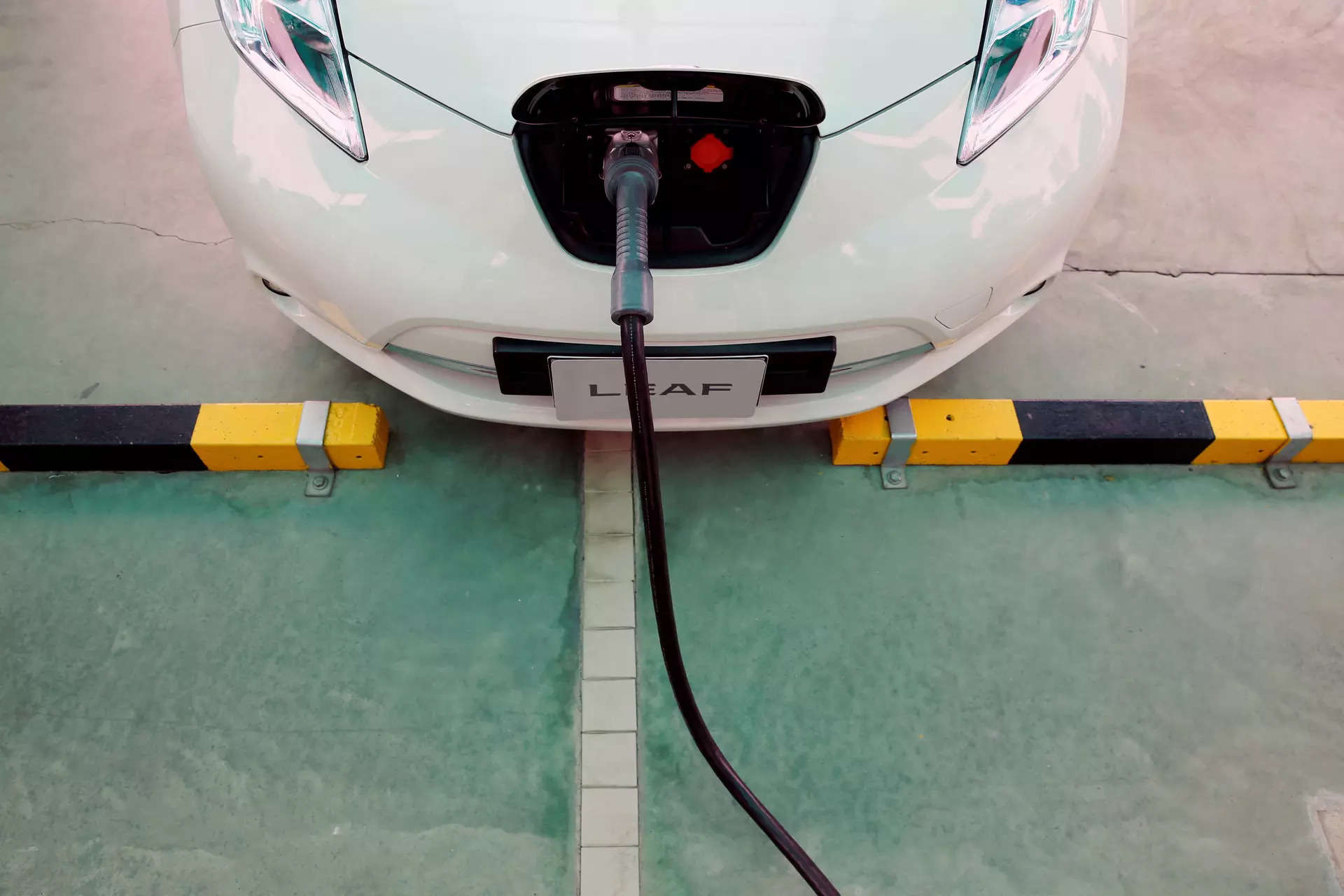That is mainly because luxury battery electric vehicles (BEVs) are mostly imported into India, attracting up to 100% tax, and their sales volumes are too low to make local assembling viable for most models, industry executives and analysts said.
“The cost of EVs in the luxury segment is much higher because of it being an expensive technology and lower volume,” said Vikram Pawah, president at BMW Group India. “So, it would take some time before the EV prices come on par with on-road prices of internal combustion engine (ICE)-powered models,” he said.
Santosh Iyer, managing director and CEO of Mercedes India, said, “I don’t see that (price parity) happening in the near future as BEVs in the luxury segment have much more technological advancements compared to the EVs in the mass market.”
That said, electric vehicles do benefit from a lower GST of 5% and are exempt from road tax in some states. Such incentives have helped take the EV penetration in the luxury segment to 4% in 2023 against less than 2% in the mass car segment.
Puneet Gupta, director at S&P Global Mobility, an automative research and analytics arm of S&P, said the price parity between EV and ICE in the luxury segment is still far away barring few high-end models and is likely to remain like that unless localisation takes off.For instance, at Rs 2.23 crore (on-road Mumbai) a BMW i7 is priced almost on par with a comparable diesel-powered 7-Series that is priced at Rs 2.21 crore.Interestingly, Mercedes has been able to price its EQS lower than the comparable S Class (ICE) as unlike other EV models in Mercedes’ portfolio, the EQS is assembled locally, allowing the company to save on duties and price it competitively.
Gupta expects an EV-ICE price parity in the luxury segment only by 2028.
“The Euro VII emission norms, which are likely to take effect in Europe from 2028, will make ICE more expensive. By then, EVs in the luxury segment will also benefit from declining battery prices and scale,” he said. “That’s when one can see some price parity between ICE and EV prices on a wider scale and across segments.”
India levies an import duty of 100% on cars with cost, insurance and freight value of more than $40,000, or about Rs 33 lakh, and 60% for those below that threshold.
In contrast, buyers of BEVs in the mass car market will see price parity kicking in the near term as battery prices and other costs are coming down, industry executives and analysts said.
Over the last one and half months, Tata Motors, MG Motor and M&M have cut prices of their EV offerings amid declining battery, lower costs as well as softening of demand.
BMW leads the e-luxury car market in India with a 50% share.
The company has been able to price its EV models competitively because of being an earlier entrant in the EV technology space, its president Pawah said. “Right now, e-luxury cars in India are very expensive and, for most of the other companies, it’s a new technology. BMW has been in EVs for 10 years,” he said.
BMW sees the share of BEVs in its total sales go up to 25% by 2025 from the current 10%, Pawah added.
Iyer of Mercedes said his company will not chase volumes.
“We are committed to reach the threshold of 20-25% (EV share in total sales) in another four years,” he said. “But we will not resort to introducing models at a very low price point while trying to compete for the share of the market.”
At present, only 20% of walk-in customers are asking for an EV; the rest consider only an internal combustion engine, Iyer said. Therefore, one must be pragmatic about the extent to which one wants to cannibalise the powertrain mix (diesel, petrol, EV), he added.
(You can now subscribe to our Economic Times WhatsApp channel)


